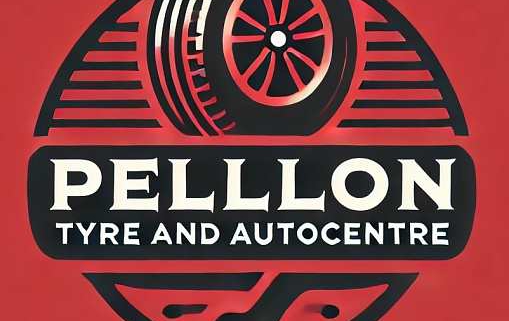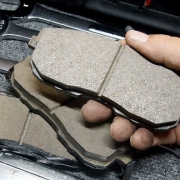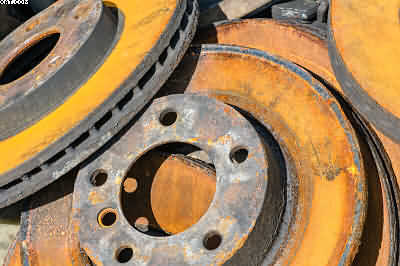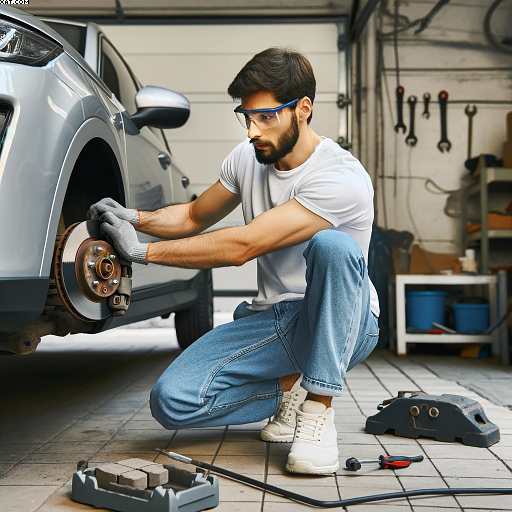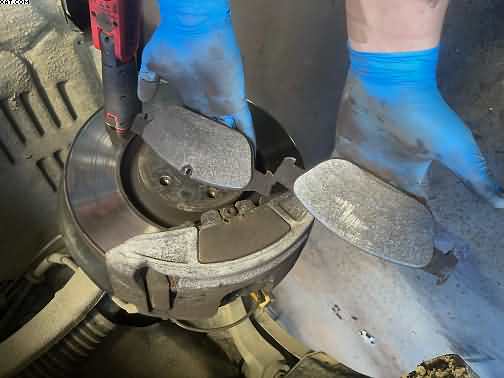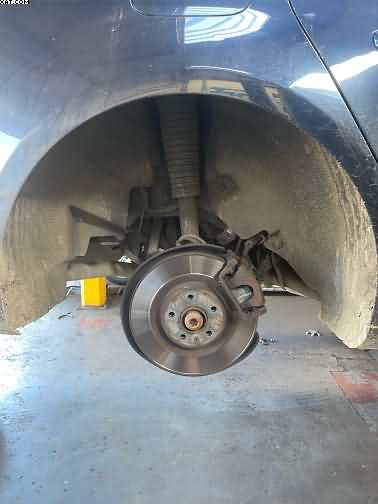VW Tiguan Braking Noises Solved
Table of Contents
VW Tiguan Braking Noises Solved
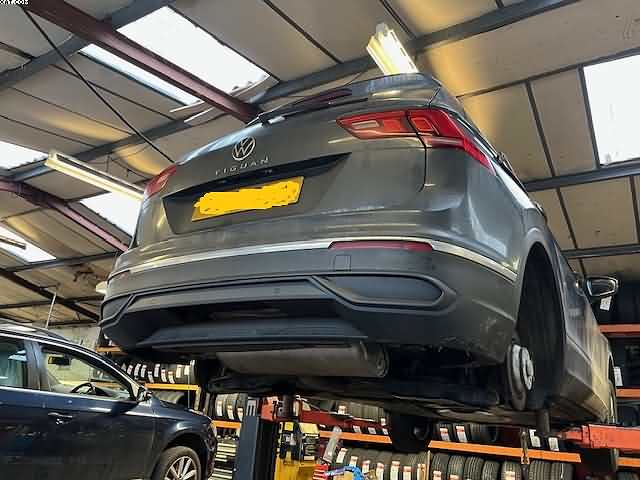
VW Tiguan Noisy Brakes: Identifying and Resolving the Issue
We had a VW Tiguan pull into Pellon Tyres last week with a deafening problem: noisy brakes. The client claimed that they and, to be honest, their neighbours could not stand the commotion any longer. Brake noises are never something to overlook, so it’s a good thing they brought it in.
The team’s comprehensive examination revealed that worn-out brake discs and pads were the root reason. The Tiguan’s terrible screeching sound and metal-on-metal contact were caused by both discs and pads that were far beyond their prime. We swapped them out for brand-new, premium discs and pads, making the Tiguan safe to drive in addition to being quiet.
The VW Tiguan’s History
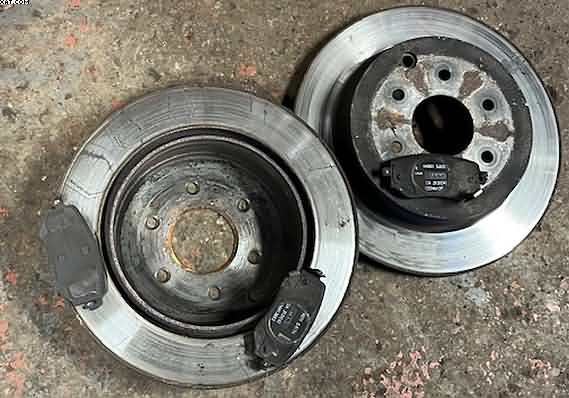
On British roads, the Volkswagen Tiguan has emerged as one of the most well-liked small SUVs. Its name, which combines the words “tiger” and “iguana,” reflects its combination of power and adaptability. It was introduced in 2007. The Tiguan has developed over time into a sleek, family-friendly SUV with excellent handling, whether you’re navigating the congested streets of Halifax or speeding through the Yorkshire countryside.
The Tiguan is a choice among people seeking a dependable yet elegant vehicle because of its German engineering, cosy cabins, and cutting-edge safety systems. The Tiguan is a great vehicle for weekend excursions and school runs.
Why Do Brakes Make Noise?
A number of problems can lead to noisy brakes, and not all of them are as evident as worn-out discs and pads. The following are the typical offenders that we deal with at Pellon Tyres:
- Brake pads that are worn
Although brake pads are meant to deteriorate with time, they may make a screaming sound if they are excessively thin. This is frequently a built-in alarm to let you know when a replacement is necessary. - Discs or Glazed Pads
The pads’ or discs’ surface may become smooth and glossy from overheating, which will impair their ability to grip. A high-pitched shriek is frequently the result of this. - Debris and Dust
The mucky roads of Yorkshire can trap dirt, grit, or even tiny stones between the pads and discs, resulting in squeaking or grinding noises. - Warped Discs
Excessive heat, which is frequently brought on by strong braking or hauling loads, can cause discs to deform. When braking, warped discs produce an unpleasant noise and a throbbing sensation. - Insufficient Lubrication
Your brake system’s metal parts, such as the callipers and clips, require the right kind of lubricant. They can squeak or creak without it. - Defective Components
Brake pads are not all made equal. Even brand-new pads that are produced badly or at a low cost may make noise. For this reason, we only suggest reliable brands as substitutes.
Halifax Supporting Drivers
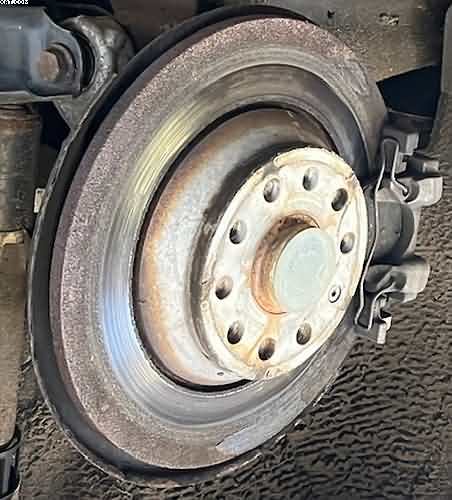
Brake issues pose a major safety risk in addition to being an annoyance. We at Pellon Tyres are pleased to contribute to the safety and well-being of drivers in Halifax. Our skilled staff is here to get you back on the road with confidence, whether the problem is with your VW Tiguan’s noisy brakes or anything else.
Don’t overlook any odd noises you hear when applying the brakes. We will take care of it for you if you stop by Pellon Tyres. After all, a silent car is safer in addition to being more enjoyable to drive. Additionally, you want to make sure your brakes are prepared for anything because of the unpredictable Yorkshire hills!
The Tiguan was in perfect shape when it left our garage, prepared to go on Halifax’s roads once more. Another satisfied client and another peaceful trip—exactly how we like it.
